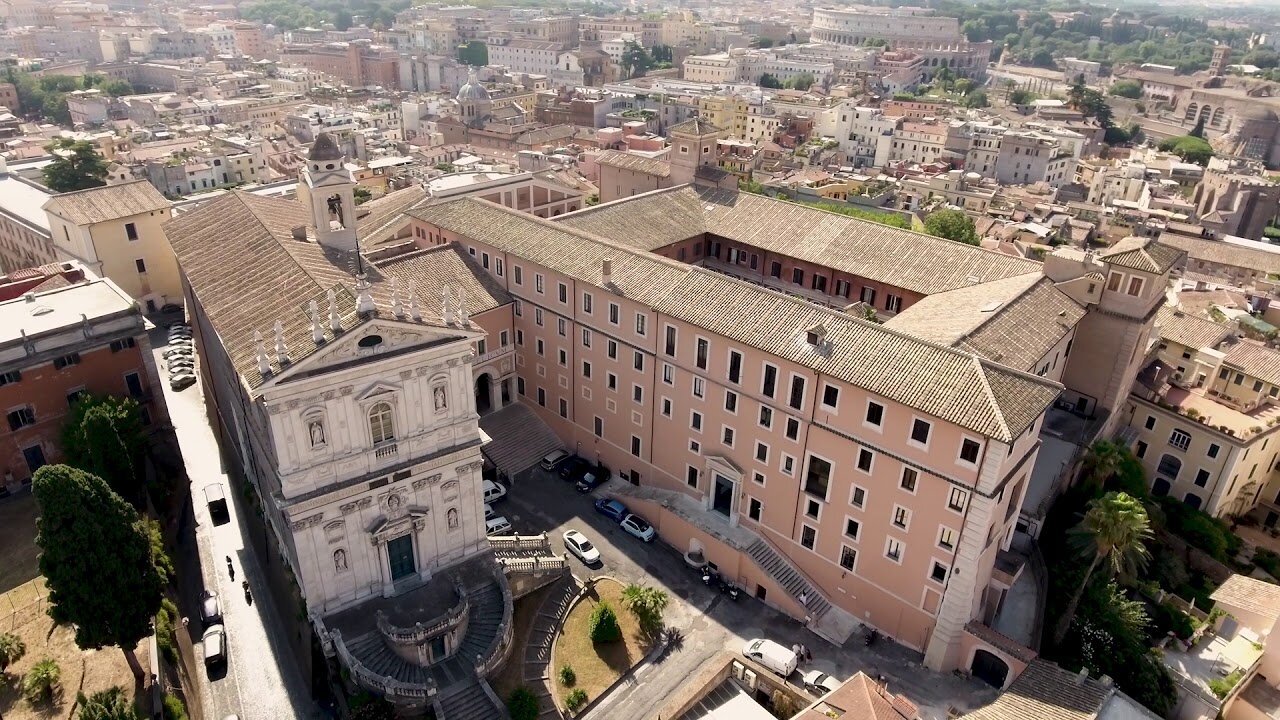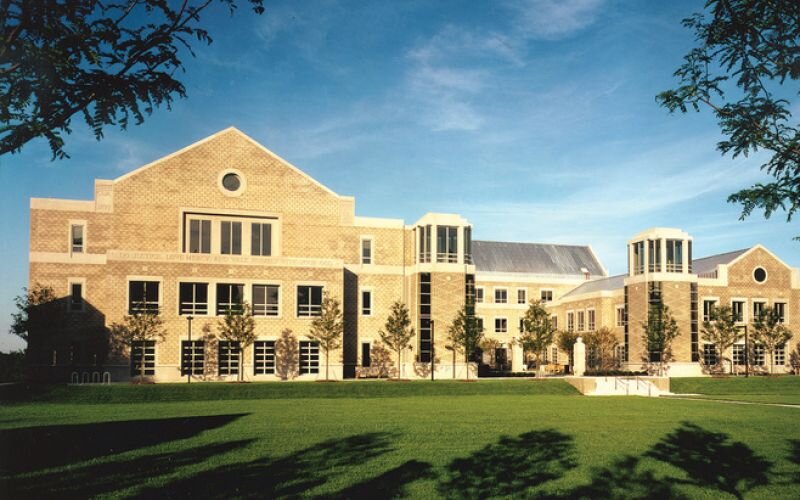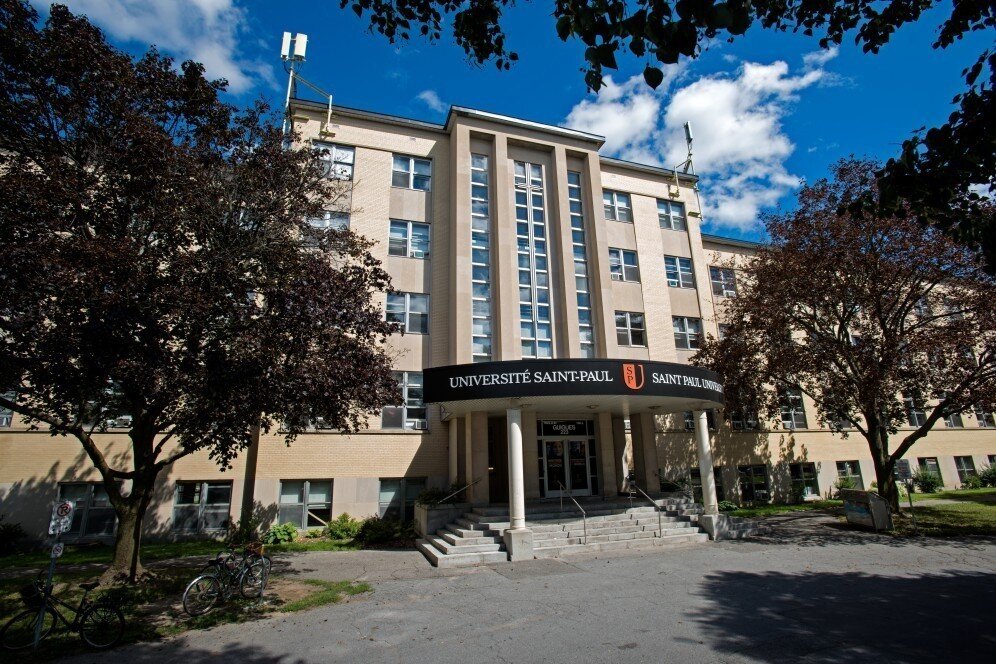So You want to be a Canon Lawyer — Where to Study Part I
When I was putting together my law office letterhead I indicated that I have my license in Canon Law. This has led to many, many questions from those who notice it. The Question I am asked most about Canon Law is, what is it? I dealt with that in an earlier post so let’s deal with the second question I hear most. How do you become a Canon Lawyer? I got my “license in canon law” in 1990, the same year I got my Master’s in Religious Studies/Moral Theology. So that was a busy year. The Masters I got taking courses here and there at Saint Charles Seminary here in Philly. My Canon Law license I earned from the Pontifical University of Saint Thomas Aquinas (nicknamed The Angelicum), after living in Rome for two years and going to school every day, just like I did the nine to five routine of study for my civil law degree. That took three years then and still does for a degree (the Juris Doctor) at Villanova University. Today Canon Law degrees require completing a three-year program and not two like when I studied. As much as I would have liked a third year of living and studying in Rome, I am happy to have gotten through the two-year study program with a license/degree!
There are some similarities in civil and Canon Law studies. They both require a BA or preliminary level of collegiate studies as a base. Any major will suffice. You could study film making or engineering and that would qualify you. The Pontificals just want to make sure you know how to study at that level. Civil and Canon Law both require passing an extremely hard test at the end, before you can practice that law. For regular civil lawyers it’s the infamous Bar Exam in the state(s) of your choice. For Canon Law it’s the License Exam which covers all of your studies for three years of classes.
There are more differences than similarities between civil and Canon Law studies though. There are a lot of universities that offer a degree in law. Last time I looked, there were more than 180 universities offering law degrees. In Canon Law, not so many. You first have to find a Pontifical University and those are few and far between. A pontifical university is one that is approved or established by the Holy See. They have three defined faculties or colleges, Theology, Philosophy and Canon Law, and then usually a fourth (or more) faculty in a subject of the school’s choice, in which degrees are conferred. (Canons 815 – 817 of the Code of Canon Law cover this). If you want to study in the US, your choice is Catholic University in Washington, D.C. In Canada, St. Paul’s University in Ottawa is another option for those who wish to study in the English Language. If you want to study Canon Law where it is really happening in Canon Law, Rome is the place to go. The only added challenge to study there is the language. As a result, some of the requirements for admittance involve proficiency in Italian, Latin and an unspecified other language at the conversational level. To study in Rome, learning foreign language skills is worth it. You will use them in your work as a Canon Lawyer beyond studying in Italian or Latin. I studied four years of high school Latin because I blew up a few too many science kits and the school thought safety first and banned me from the science lab! I didn’t know then that it would be a major benefit to me in later life when I was applying for admission to study Canon Law. For Italian, I took a few levels of crash courses and private tutoring through the America-Italy Society of Philadelphia. And for the same reason I had four years of high school Latin, I also had four years of German. (Thanks Sister Genevieve and Little Flower Catholic High School for Girls). I even took a few courses in German as Villanova U undergrad electives and that’s what got me to “conversational”.
Some seminaries and Pontifical Universities offer certifications such as “Diploma in Jurisprudence” like the one offered at the Gregorianum in Rome. This is a concentration of courses in Marriage in Canon Law so you’re limited in your options when you finish. The number of people applying for marriage annulments is down, especially during this pandemic. So future job opportunities in that one area of canon law may be limited at best. Some Diocesan Marriage Tribunals are considering consolidating three or four Tribunals since the annulment petition numbers are down so much. That would mean at least two-thirds fewer future job opportunities in Marriage Tribunals.
So, if you want to study Canon Law, first decide what Pontifical Universities are possibilities for you. Can you afford to study full-time in another country? (Tuition abroad is incredibly low and makes up for some of the living expenses.) What’s the money exchange rate? Can you fit in one of the virtual programs that take longer in years but only require you to be on campus a few weeks a semester? Catholic U has a program that involves summer studies with an end in five years. St. Paul has flexibility in timing and virtual attendance as well. Language may be a draw back for you so that can be your second major consideration. There are very few short cuts if you have other degrees. When I studied in Rome I was excused from the one required class in civil law because of my civil law degree, but that was it. These Pontificals frown on short cuts and so does the Holy See to whom they have to answer for their Pontifical accreditation.
Be sure of this. If you fulfill the requirements for admission to a Canon Law program, you are pretty much as good as in. There is no real competition between candidates to be accepted. This is the polar opposite of admission to civil law studies at a University.
All of the Pontifical Universities have extensive information on their web sites in several languages for you to peruse. There was a time when priests “sent” to study Canon Law had no say about where they were going to study. Most ended up going to the universities where their Bishop or Cardinal got their degrees. That is not so much the case today. Alma Mater loyalty is no longer a consideration. Each Pontifical University has its own character and method of teaching, equipment for technology, library and programs. Consider them all carefully.
I told you the two English speaking programs in the Americas. I graduated from The Angelicum (Dominican taught) in Rome and spent most of my coffee bar and library time at the Gregorianum (Jesuit taught) just around the corner. Don’t miss The University of the Holy Cross (Opus Dei taught) right next to the Piazza Navona. They give some courses in English and Spanish and do some distance learning too. Do not let the Opus Dei label turn you off. It is an excellent university and they aren’t trying to snag you into secret covens or cults. They treat women and men students equally too, which seems to surprise a lot of people.
So there are some considerations for picking a school for Canon Law Studies. If you have already studied Canon Law, let me know what brought you to that. Next we’ll talk about why even study Canon Law in the first place!




